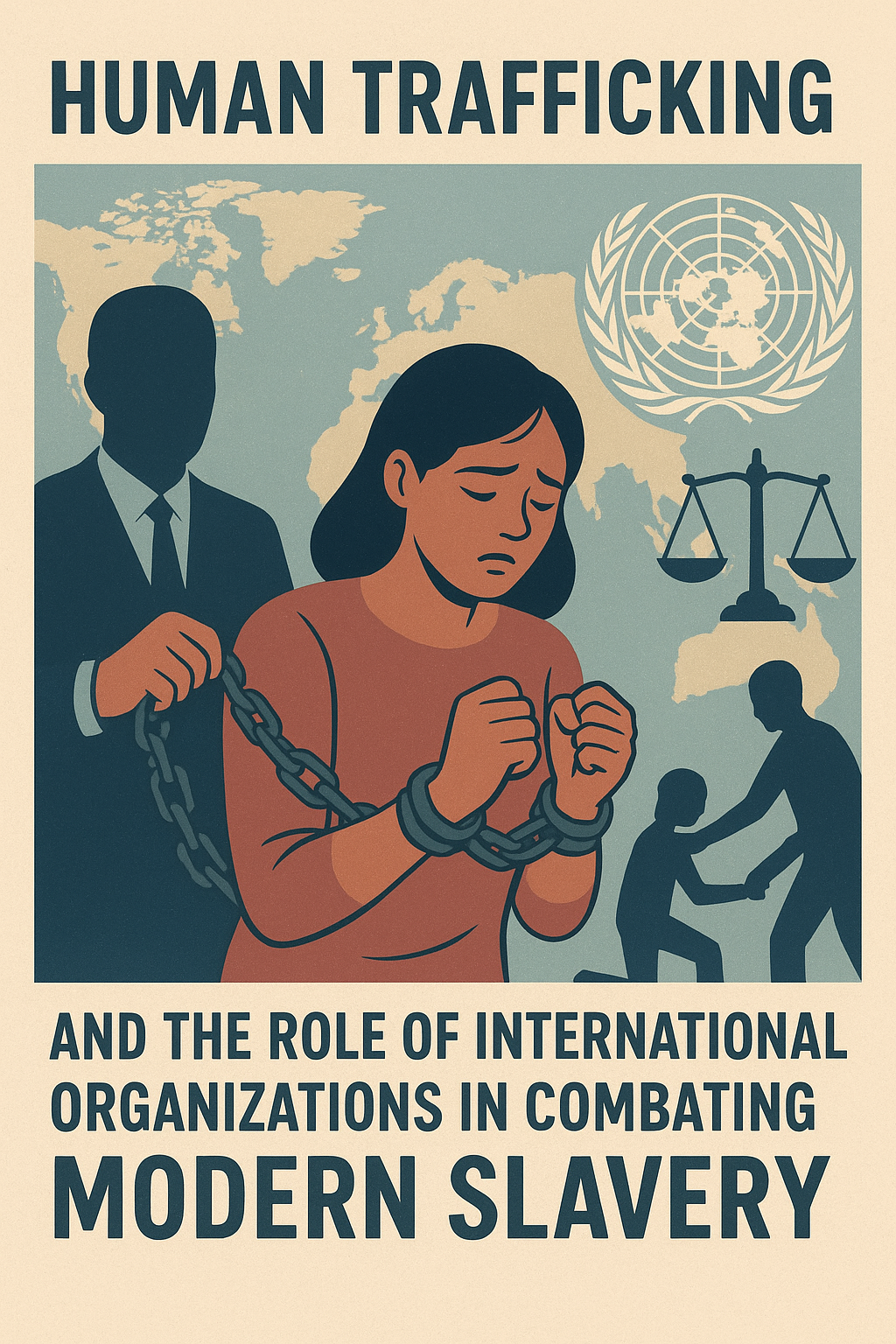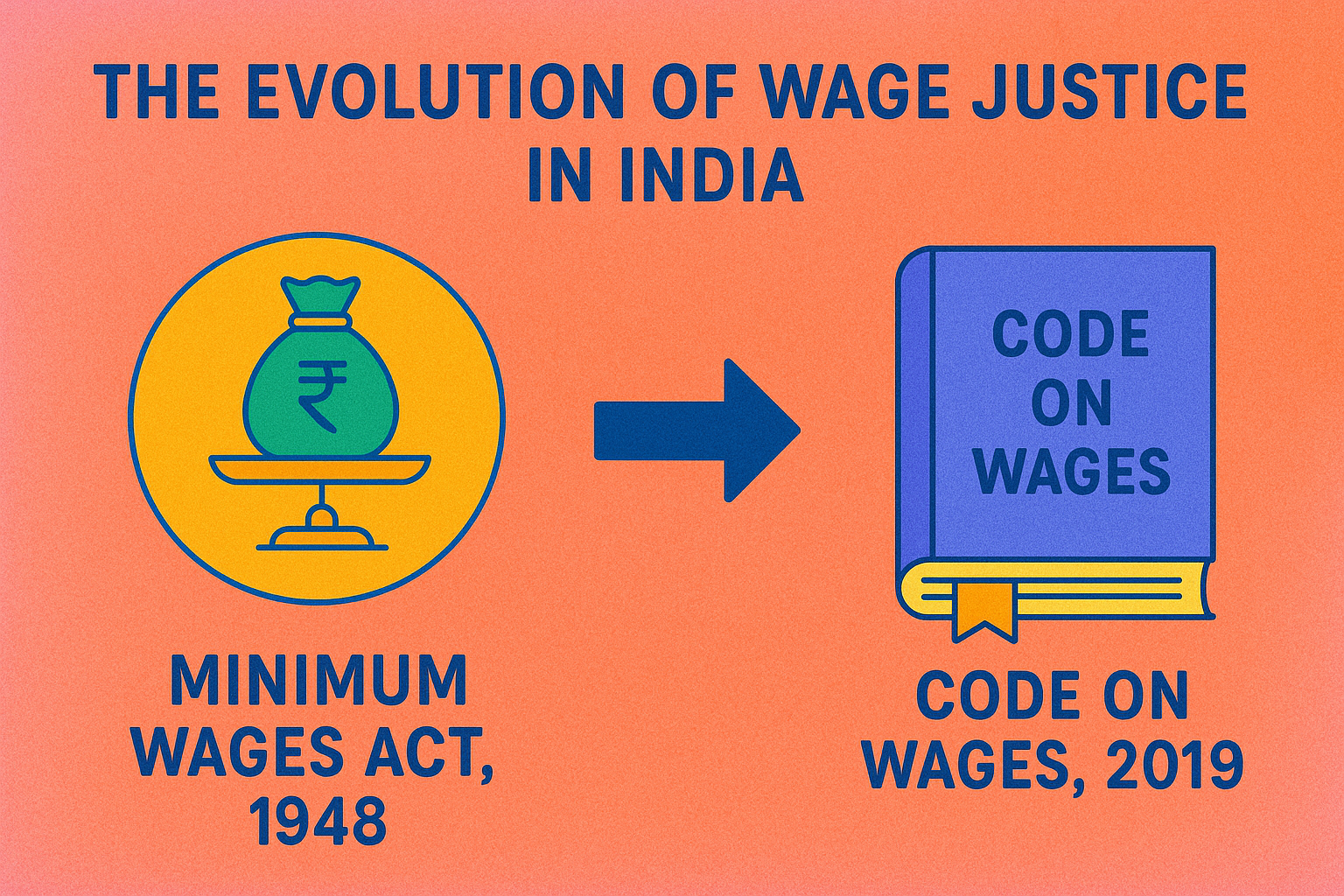Introduction
Economic sanctions and trade embargoes are frequently used as diplomatic weapons to influence nation-state behavior, punish renegade governments, and resolve international crises. While these actions are intended to apply political pressure, they frequently have serious humanitarian effects that must be carefully considered. This article examines the varied humanitarian consequences of economic sanctions and trade embargoes, including their effects on disadvantaged communities, healthcare systems, and general socioeconomic stability.
Economic Sanctions
Economic sanctions are defined as the termination of normal trade and financial contacts for foreign and security policy reasons. Sanctions can be broad, restricting commercial activity in an entire country, such as the long-standing US embargo on Cuba, or they can be targeted, preventing transactions by and with certain organizations, groups, or individuals. Since 9/11, there has been a significant trend toward targeted or “smart” sanctions, which try to reduce the suffering of innocent populations. Sanctions can take many forms, including travel bans, asset freezes, arms embargoes, capital controls, reductions in foreign aid, and trade restrictions. Sanctions discussions frequently exclude non-punitive measures.
.
How did the 9/11 attacks change sanctions policy?
In concert with its allies, the U.S. government launched an all-out effort to disrupt the financial infrastructure supporting terrorists and international criminals. This campaign focused on the gateways of the global financial system—international banks—and relied on a handful of new authorities granted to U.S. agents in the days after the attacks.
On September 23, President George W. Bush signed EO 13224, which provided Treasury Department officials with far-reaching authority to freeze the assets and financial transactions of individuals and other entities suspected of supporting terrorism. Weeks later, Bush gave the Treasury broad powers (under section 311 of the USA Patriot Act) to designate foreign jurisdictions and financial institutions as “primary money laundering concerns.” (Notably, Treasury needs only a reasonable suspicion—not necessarily any evidence—to target entities under these laws.) Experts say that these measures fundamentally reshaped the financial regulatory environment, greatly raising the risks for banks and other institutions engaged in suspicious activity, even unwittingly. The centrality of New York and the dollar to the global financial system means these U.S. policies are felt globally. Penalties for sanctions violations can be huge in terms of fines, loss of business, and reputational damage. Federal and state authorities have been particularly rigorous in prosecuting banks in recent years, settling at least fifteen cases with fines over $100 million since 2009. In a record settlement, France’s largest lender, BNP Paribas, pleaded guilty in 2014 to processing billions of dollars for blacklisted Cuban, Iranian, and Sudanese entities. The bank was fined nearly $9 billion—by far the largest such penalty in history—and lost the right to convert foreign currency into dollars for certain types of transactions for one year. Similarly, those tainted by a U.S. money-laundering designation may suffer crippling losses. In September 2005, Treasury officials labelled Banco Delta Asia (BDA) a primary money-laundering concern, alleging that the Macau-based bank was a “willing pawn for the North Korean government.” Within a week, customers withdrew
$133 million, or 34 percent of BDA’s deposits. The financial shock rippled across the globe, inducing other international banks to sever ties with Pyongyang.
“This new approach worked by focusing squarely on the behavior of financial institutions rather than on the classic sanctions framework of the past,” wrote Juan Zarate, a top Bush administration official involved in counterterrorism efforts, in his book Treasury’s War (2013). “In this new approach, the policy decisions of government are not nearly as persuasive as the risk-based compliance calculus of financial institutions.”
Trade Embargoes
An embargo is a trade restriction, typically adopted by a government, a group of countries or an international organization as an economic sanction. Embargoes can bar all trade, or may apply only to some of it, for example to arms imports. They are designed to punish the targeted country for its actions, and to deny it the means to carry out objectionable policies.
Types of Trade Embargoes
Comprehensive Embargoes: These embargoes prohibit almost all forms of trade, including goods, services, and financial transactions, with the targeted country or entity. Comprehensive embargoes are the most restrictive type and often involve multiple sectors.
Partial Embargoes: Partial embargoes focus on specific goods, services, or industries. They restrict trade in targeted sectors while allowing other forms of trade to continue.
Arms Embargoes: Arms embargoes specifically target the trade of weapons, military equipment, and related technologies. They aim to prevent the escalation of conflicts, promote regional stability, or discourage human rights abuses.
Purposes of Trade Embargoes
National Security: Embargoes may be imposed to protect national security interests, such as preventing the proliferation of weapons of mass destruction, countering terrorism, or addressing regional conflicts.
Human Rights and Democracy: Trade embargoes can be utilized to respond to human rights abuses, violations of democratic principles, or oppressive regimes. They serve as a means to exert pressure and promote adherence to international norms.
Non-Proliferation: Embargoes may target countries or entities involved in the development or proliferation of nuclear, chemical, or biological weapons, as well as ballistic missile technology.
Economic Sanctions: Economic sanctions, which can include trade embargoes, are employed to influence the economic behavior of a targeted country or entity. They aim to alter policies, practices, or behavior that are deemed unfavorable or harmful.
Effects of Trade Embargoes
Economic Impact: Trade embargoes can have significant economic consequences, impacting the targeted country’s trade balance, GDP, and employment. They disrupt supply chains, limit market access, and create trade imbalances.
Political and Diplomatic Ramifications: Embargoes can strain diplomatic relations and lead to political tensions between the imposing country and the targeted country. They may also affect regional stability and cooperation.
Humanitarian Considerations: Trade embargoes can inadvertently affect humanitarian aid and access to essential goods and services, potentially exacerbating humanitarian crises in the targeted country.
Impact on Vulnerable Populations
One of the most immediate and profound consequences of economic sanctions and trade embargoes is the exacerbation of poverty and deprivation among already vulnerable populations. These measures often disrupt trade channels, leading to shortages of essential goods such as food, medicine, and fuel. As a result, ordinary citizens, particularly those in low- income brackets, suffer from diminished access to basic necessities, heightening the risk of malnutrition, disease, and even starvation. In addition to material deprivation, sanctions and embargoes can also impede access to education and employment opportunities, perpetuating cycles of poverty and limiting the prospects for future generations. Vulnerable groups such as women, children, and the elderly are disproportionately affected by these restrictions, as they are less equipped to withstand the economic shocks and more reliant on social services that may be disrupted.
Healthcare System Strain
Another critical aspect of the humanitarian impact of economic sanctions and trade embargoes is their effect on healthcare systems. Sanctions often restrict the importation of medical supplies, equipment, and pharmaceuticals, impeding the ability of countries to effectively respond to public health crises and provide adequate healthcare services to their populations. For instance, in countries already grappling with fragile healthcare infrastructure or ongoing conflicts, such as Syria or Yemen, sanctions can exacerbate existing challenges and hinder efforts to contain diseases or respond to emergencies. Moreover, sanctions can lead to the departure of skilled healthcare professionals, exacerbating personnel shortages and undermining the quality of care available to those in need.
Socio-Economic Stability
Beyond their immediate humanitarian consequences, economic sanctions and trade embargoes can also destabilize entire economies, leading to long-term socio-economic repercussions. The disruption of trade relations and financial transactions can precipitate currency devaluation, inflation, and unemployment, eroding the purchasing power of ordinary citizens and deepening economic inequality. Furthermore, the imposition of sanctions may incentivize illicit activities and black-market transactions, fostering a climate of corruption and undermining governance structures. In some cases, economic desperation fueled by sanctions can even contribute to social unrest, political instability, and conflict escalation, perpetuating a cycle of violence and suffering.
Mitigating Humanitarian Impact
While economic sanctions and trade embargoes are often wielded as instruments of coercion, policymakers must remain cognizant of their humanitarian ramifications and take proactive measures to mitigate harm to innocent civilians. This includes implementing mechanisms to ensure the continued flow of humanitarian aid, exempting essential goods from sanctions regimes, and pursuing diplomatic dialogue to address underlying grievances.
Moreover, the international community plays a crucial role in monitoring and scrutinizing the humanitarian impact of sanctions, advocating for transparency, accountability, and compliance with international humanitarian law. Multilateral institutions such as the United Nations and regional organizations can facilitate dialogue, coordinate relief efforts, and provide assistance to countries grappling with the consequences of sanctions.
Humanitarian Consequences
Despite their intended objectives, economic sanctions and trade embargoes often have adverse humanitarian effects, particularly on vulnerable populations. These consequences can manifest in various ways:
Impact on Access to Essential Goods and Services: Sanctions and embargoes can restrict access to food, medicine, and other essential goods, leading to shortages and price increases. This disproportionately affects civilians, including children, the elderly, and the sick, who rely on these items for their well-being. Healthcare System Strain: Sanctions can disrupt healthcare systems by limiting access to medical supplies, equipment, and technologies. This strain can result in inadequate medical care, higher mortality rates, and the spread of preventable diseases.
Economic Instability and Poverty: Sanctions and embargoes can destabilize economies, leading to increased unemployment, inflation, and poverty. The loss of livelihoods and income exacerbates existing socio-economic disparities and can push already vulnerable populations into further hardship.
Humanitarian Aid Impediments: Sanctions often hinder the delivery of humanitarian aid by restricting the movement of goods, financial transactions, and humanitarian personnel. This impediment can delay or prevent lifesaving assistance from reaching those in need, exacerbating humanitarian crises.
Psychological Impact: Living under sanctions can take a toll on the mental health and well- being of affected populations. The uncertainty, stress, and trauma associated with economic hardship and political instability can have long-lasting psychological consequences.
Mitigating the Humanitarian Impact
Addressing the humanitarian impact of economic sanctions and trade embargoes requires a multifaceted approach that balances policy objectives with humanitarian considerations:
Targeted Sanctions: Instead of imposing broad-based sanctions that affect entire populations, policymakers should consider targeted measures that minimize collateral damage. This involves carefully identifying and sanctioning individuals or entities responsible for problematic behaviour while minimizing harm to civilians.
Humanitarian Exemptions and Waivers: Implementing exemptions and waivers for essential goods such as food, medicine, and humanitarian aid can help mitigate the adverse impact of sanctions on vulnerable populations. Ensuring the unhindered flow of humanitarian assistance is essential for addressing urgent humanitarian needs.
Monitoring and Evaluation: Robust monitoring mechanisms are essential for assessing the humanitarian impact of sanctions and embargoes in real-time. This involves collecting data, conducting assessments, and engaging with affected communities to understand their needs and challenges accurately.
Dialogue and Diplomacy: Diplomatic efforts aimed at resolving underlying conflicts and addressing grievances can help alleviate the need for sanctions altogether. Dialogue between conflicting parties, facilitated by mediators and international organizations, can promote peaceful resolution and reduce the need for coercive measures.
International Cooperation: Addressing the humanitarian impact of sanctions requires international cooperation and coordination. Collaboration between sanctioning states, humanitarian organizations, and affected countries is essential for ensuring that humanitarian needs are adequately addressed while achieving policy objectives.
Conclusion
The humanitarian impact of economic sanctions and trade embargoes cannot be overstated, as these measures often inflict suffering on innocent civilians, undermine healthcare systems, and destabilize economies. While recognizing the legitimate objectives behind such policies,
policymakers must prioritize the protection of human rights and well-being, ensuring that sanctions are targeted, proportionate, and accompanied by robust humanitarian safeguards. Ultimately, the pursuit of diplomatic solutions, dialogue, and reconciliation offers a more sustainable path towards addressing international conflicts and grievances, while minimizing the collateral damage inflicted on vulnerable populations. By acknowledging the complex interplay between geopolitics and humanitarian concerns, the global community can strive towards a more just and compassionate approach to international relations



